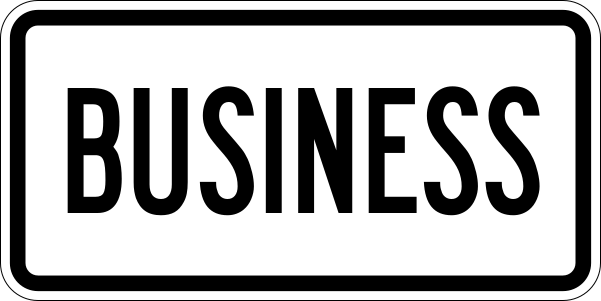Leasing vehicles, property equipment, and structures could be an attractive and viable option for small business owners. Owning fixed assets would be requiring quite a significant and even long-term cash investment. Moreover, businesses face quite a number of risks associated with ownership. For instance, expensive equipment like computers could become obsolete in no time. Structures and land are not at all sold easily but companies could be growing or shrinking overnight.
Time Frame: Important Factor for Leasing Business Vehicles
Leasing works best for businesses that are not planning to retain their vehicles for a very long time. Generally, you could get a corporate lease car for only two to three years. During this really short time frame, you are required to make lower car payments as compared to buying the car. However, after a certain period, payments for car purchase would cease but payments for leasing would continue until the termination of the lease contract. It is a fact that after five years of leasing, the financial benefits associated with car leasing usually get diminished.
Why Do Businesses Lease Vehicles?
Firms often opt for leasing long-term assets, instead, of purchasing them for a number of reasons. The tax benefits seem to be greater. Moreover, leases are known to provide more flexibility, as far as, adjusting to technological changes and changes in capacity requirements are concerned. Lease payments imply similar sort of obligation as interest payments associated with debt and they need to be treated in a similar manner. If a company is given the right to lease a major portion of its long-term assets, it could further keep these revelations off its financial reports and statements. An assessment of the company’s financial statements would be giving quite a misleading impression of the company’s financial status. As a result, certain accounting rules have made it mandatory for companies to reveal the exact extent of their leasing obligations on their financial records. Visit http://www.leasequit.com/ for all your leasing solutions.

Types of Leases Available to Businesses
Businesses could avail operating and capital leases that may prove to be quite expensive eventually but these leases are known to provide unique advantages to entrepreneurs operating small businesses.
Operating Leases
In the case of an operating lease, the company is required to pay a periodic fee that is charged against the use of some specific benefit. The benefit could actually be tangible like an office space or it could be intangible like a patent. The company that is acquiring the lease would not be taking an ownership over this particular benefit and would only be using it. As such, the accounting rules associated with operating leases would be differing from ownership. Remember in this case the leasing costs would be directly expensed as actually incurred.
Advantages of Operating Leases
As no ownership is involved in this case, operating leases would be providing immense scope for flexibility. For instance, a small business would not be worrying about things such as equipment going obsolete. The business could consider leasing newer equipment. When a firm owns any asset, the existing accounting rules would necessitate that the equipment, property or plant must be depreciated. This would be tying up the firm’s cash flow and would be leveraging the firm to financiers. Operating leases are not affected by these constraints.
Capital Leases
Capital leases differ from operating leases on four counts and those are- when the lease term is known to exceed 75% of the asset’s life, when a transfer of ownership occurs at the end of lease term, when there is a choice to buy at discounted prices, or when the lease payment terms are exceeding 90% of the fair market value of the lease. If any one of the above-mentioned conditions is fulfilled, then it is a capital lease. Capital leases are usually treated like loans. Fixed assets would be debited by the lease value and long-term liabilities would be credited for the obligations of the lease.
Advantages of Capital Leases
Capital leases could be effective in boosting a firm’s book value. The book value is equal to total liabilities subtracted from total assets. Moreover, companies could think of fully deducting lease payments and depreciation against the income taxes. In case of operating leases, only lease payments would be deductible. Capital leases are known to include some special buying arrangements for companies when the lease agreement is terminated.
Understand the pros and cons of both the capital leases and the operating leases. Consider taking the advice of financial and leasing experts. Choose the best leasing option after a lot of deliberation.
To know more about wealth management, debt mitigation, and lease contracts. Please visit here – http://www.leasequit.com/.









